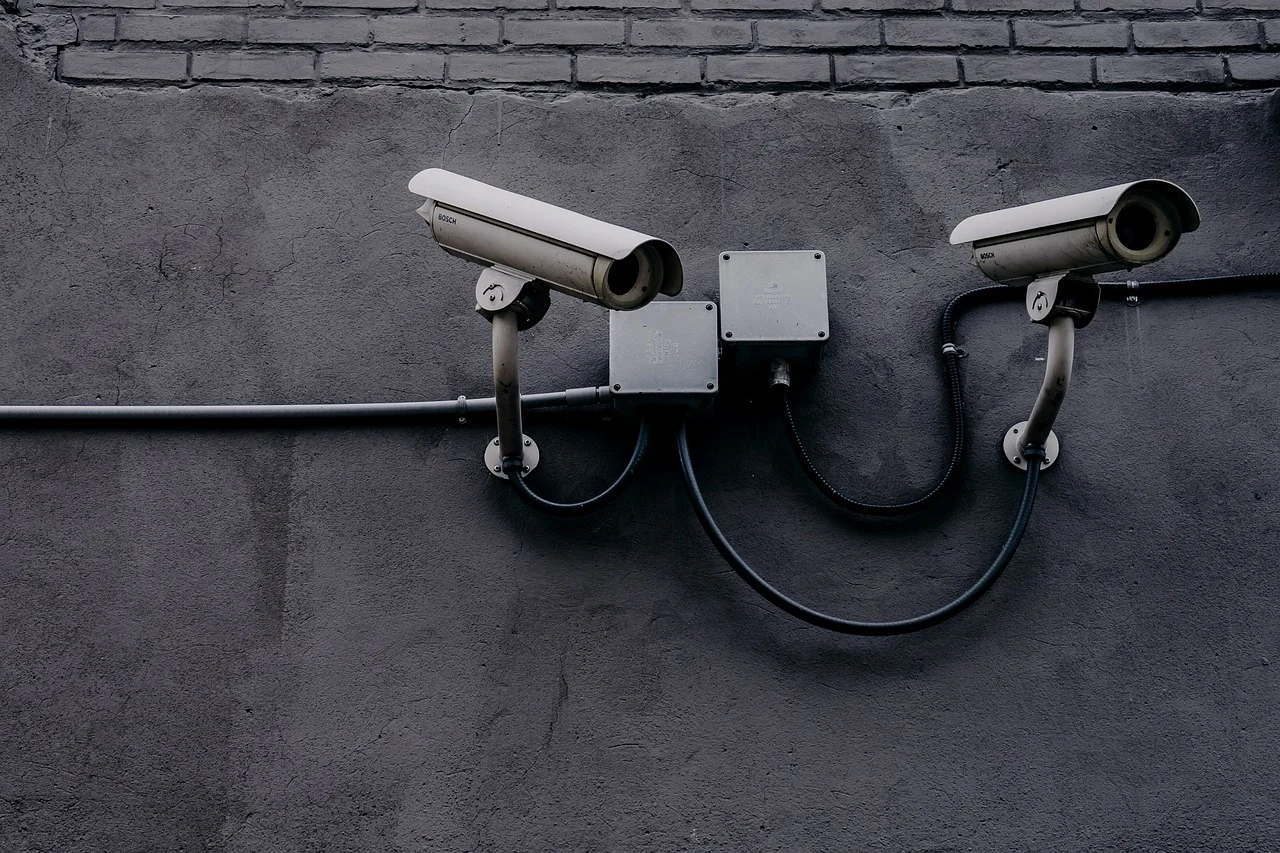
In today’s digital age, protecting valuable data is crucial for homeowners associations. With the increasing threat of cybersecurity breaches, it is essential for board members to take the necessary steps to enhance internet security. This must-read guide provides an in-depth overview of the best practices and measures that board members can implement to safeguard their association’s data and ensure the privacy and safety of their members.
Key Takeaways:
Understanding the Importance of Protecting Homeowners Association Data
As a board member, protecting homeowners association data should be of utmost priority. The sensitive nature of the information stored in the association’s databases, such as financial records and personal details of the members, makes it an attractive target for cybercriminals. A single data breach can have severe consequences, resulting in financial loss, reputation damage, and compromised privacy for the members. By proactively adopting robust internet security measures, board members can mitigate these risks and ensure the trust and confidence of their members.
The Role of Strong Passwords in Enhancing Internet Security
One effective approach to fortify the association’s internet security is by establishing strong passwords for all accounts and platforms. Weak passwords are like an open invitation to hackers, making it easier for them to gain unauthorized access to sensitive data. Board members should set password requirements that enforce a mix of uppercase and lowercase letters, numbers, and special characters. Regularly updating and changing passwords further strengthen the security network.
The Continuing Importance of Regular Software Updates and Patches
Keeping software systems up-to-date is vital in maintaining a high level of internet security for homeowners associations. Manufacturers consistently release updates and patches to address vulnerabilities that could be exploited by cybercriminals. By regularly applying these updates and patches, board members can minimize the risk of unauthorized access to the association’s data.
Implementing Layered Security Measures
Utilizing a layered approach to internet security should be ingrained in the board members’ strategy. Layered security involves a combination of multiple security measures that work together to create a comprehensive defense system, reducing the vulnerability of valuable data. Here are some essential security measures to consider:
1. Firewall Protection
Implementing a robust firewall is an initial line of defense against cyber threats. Firewalls act as a barrier between the association’s internal network and the vast and often unsecured internet. This preventive measure serves as a filter, allowing only authorized traffic to enter the network, thus minimizing the risk of unauthorized access to sensitive data.
2. Antivirus and Anti-Malware Software
Installing reliable antivirus software is essential to protect against numerous forms of malware. Board members should ensure that all devices connected to the association’s network are equipped with up-to-date antivirus and anti-malware solutions. These software applications scan for and remove any suspicious files or programs that may compromise internet security.
Workspace Tip:
Consider designating specific workspaces and devices for association-related tasks to further safeguard sensitive data. This approach helps create a controlled environment by reducing the likelihood of accidental data exposure or compromise.
3. Data Encryption
Encrypting sensitive data adds an extra layer of protection by converting it into an unreadable format. In the event of a cyber attack or unauthorized access, encrypted data is virtually indecipherable without the encryption key. Encryption should be applied to all sensitive information stored in databases, including financial records, personal details, and communication logs.
4. Two-Factor Authentication (2FA)
Implementing two-factor authentication (2FA) adds an additional layer of security by requiring board members to provide two pieces of identification before accessing sensitive data. This commonly involves combining a password with a temporary verification code sent via text message or email. By using 2FA, even if one factor (e.g., a password) is compromised, unauthorized access can still be prevented.
FAQs
Conclusion
In conclusion, enhancing internet security for homeowners associations is vital in today’s digital landscape. By following best practices and adopting robust measures such as strong passwords, regular software updates, layered security systems, encryption, and two-factor authentication, board members can effectively safeguard association data. Furthermore, ongoing education and training for board members and staff will ensure a proactive approach and greater awareness of potential cyber threats. By prioritizing the protection of homeowners association data, board members can instill trust and confidence among their members while fostering a secure digital environment.
Source: insidertechno.com